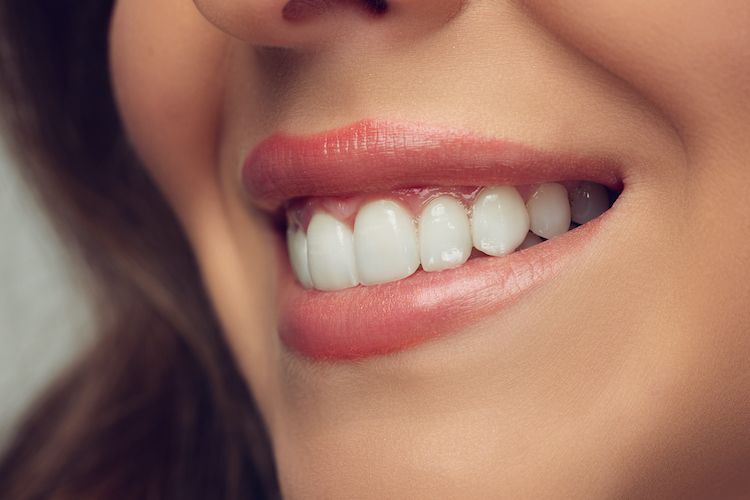The holidays are a season of joy, but they can also bring a fair share of stress. From shopping for gifts to hosting family gatherings, it’s easy to feel overwhelmed. Unfortunately, for those who suffer from temporomandibular joint (TMJ) disorders, this stress can make symptoms worse. TMJ disorders affect the joints and muscles that allow your jaw to move, leading to pain and discomfort. Learning how holiday stress impacts TMJ and how to manage it can help you enjoy the season with less pain.


What Is TMJ?
The temporomandibular joint is located where your jaw meets your skull, near your ears. This joint allows you to chew, speak, and move your jaw. TMJ disorders, often called TMD, occur when this joint isn’t functioning properly. Symptoms of TMJ disorders include:
- Jaw pain or tenderness
- Clicking or popping sounds when opening or closing your mouth
- Headaches or migraines
- Difficulty chewing or jaw locking
- Pain in the ears or ringing (tinnitus)
While TMJ disorders can have various causes, such as injury or misaligned teeth, stress is a major factor that can exacerbate symptoms.
How Does Holiday Stress Impact TMJ?
The holidays can be stressful for several reasons, and that stress often takes a toll on your body, including your jaw. Here’s how stress contributes to TMJ symptoms:
- Teeth Grinding and Clenching
Stress often leads to unconscious habits like grinding your teeth (bruxism) or clenching your jaw, especially during sleep. This added pressure on the TMJ can cause pain and inflammation. - Increased Muscle Tension
When you’re stressed, your muscles tend to tense up, including the ones around your jaw. This tension can aggravate TMJ symptoms and make it harder to relax. - Poor Posture
Holiday activities like wrapping gifts or spending hours on the computer shopping online can lead to poor posture. Slouching or craning your neck forward can strain your jaw muscles and worsen TMJ pain. - Diet Changes
Indulging in holiday foods like tough meats, sticky candies, or crunchy snacks can strain your jaw and increase discomfort.
Managing TMJ Stress During the Holidays
You don’t have to let TMJ pain ruin your holiday season. By taking proactive steps, you can manage your symptoms and reduce stress:
- Practice Stress Management
Engage in activities that help you relax, such as yoga, meditation, or deep-breathing exercises. Taking short breaks to unwind can greatly improve your body’s ability to handle stress. - Avoid Hard or Chewy Foods
Opt for soft, easy-to-chew holiday dishes like mashed potatoes, soups, and steamed vegetables. Avoid chewy candies, nuts, and foods that require excessive chewing. - Use a Nightguard
If you grind your teeth at night, wearing a custom-made nightguard can protect your jaw and reduce pressure on the TMJ. - Apply Heat or Ice Packs
To alleviate muscle tension and reduce pain, use a warm compress or ice pack on the sides of your jaw for 10-15 minutes. - Maintain Good Posture
Be mindful of your posture when sitting or working. Keep your back straight and your head aligned with your spine to prevent added strain on your jaw. - Stay Hydrated and Avoid Caffeine
Dehydration and caffeine can both contribute to muscle tension. Drink plenty of water throughout the day to keep your body and jaw muscles relaxed.
Enjoy a Pain-Free Holiday Season
The holidays should be a time of celebration, not discomfort. By understanding how stress impacts your TMJ and taking steps to manage it, you can enjoy the season with a healthier, happier smile. If you’re struggling with TMJ pain, don’t hesitate to contact Stonehenge Family and Cosmetic Dentistry for expert care and support.
Let’s make this holiday season one to remember—for all the right reasons!
